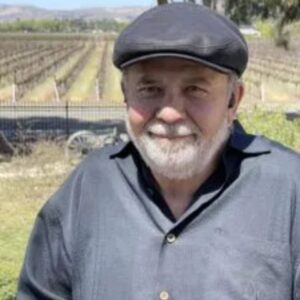Activities are more than time fillers
Bingo, trivia, reminisce and parties are all too often the perceived role of the Activities Department. Something to keep residents busy between meals. Or, the facility triage for "behaviors." I believe when the role of an Activities Department is relegated to this position in the facility, residents have a high potential to merely exist for the remaining years of their lives.
 The life of a resident is already a difficult one. The perceived or real losses of independence, dignity, freedom and purpose, to name a few, are what each resident faces on a daily basis inside a long-term care facility.
The life of a resident is already a difficult one. The perceived or real losses of independence, dignity, freedom and purpose, to name a few, are what each resident faces on a daily basis inside a long-term care facility.
The Activity Department plays a huge role in the maintenance and improvement of quality of life. Employees have two types of job tasks: tasks they put their heart into and tasks they do to get done. Conducting activity programs for the sake of having a schedule that meets regulatory compliance are activities that just get done.
However, putting heart into the activity programs should be the No. 1 goal when developing programs because they can create a level of independence, dignity, freedom and purpose for our residents as well as maintain and stimulate cognitive function.
The Activity Department cannot work as a silo within the facility. Other departments, especially nursing, should be aware of the modalities used to engage residents. It is wonderful to see non-activity staff member attempt to initiate and engage a resident on their own between programming and after activity staff members have gone home.
I have been blessed to work with amazing Activity Directors from whom I have learned more and more about the value of the Activity Department. At Garden Terrace, I had the benefit of working with Mickey Hamilton. She programs with heart, and her department personifies the type of Activity Department I have described. Hamilton is a true professional who believes the residents deserve much more than time fillers.
How can a facility create an environment where the Activities Department plays a major role and is fully integrated in the lives of the residents? It starts with having a true professional at the helm of the activities department. I would personally look first to someone who is a certified Activities Professional.
Certification tells me this person has a special interest in the field and has studied programming and working with residents who present varied challenges. Of course, real life work experience is important, but the education involved with certification gives the Director a knowledge skillset that sometimes can only be found outside the facility. It is also important to support the Activity Professionals by giving them the opportunity to attend continuing education offerings to gain or maintain certification.
A professionally directed and well managed Activities Department means happy residents, happy residents means happy families, and happy families translates into happy staff. That makes for a pleasant community in which to live and work!
John Moreno is the Executive Director at Garden Terrace in Aurora, Colo. and was named Colorado Administrator of the Year for 2015 by the National Association of Activity Professionals (NAAP). He can be reached at John_Moreno@lcca.com.
Related Articles
Topics: Activities , Articles , Executive Leadership , Staffing











